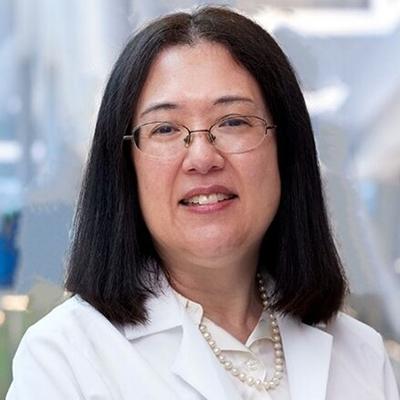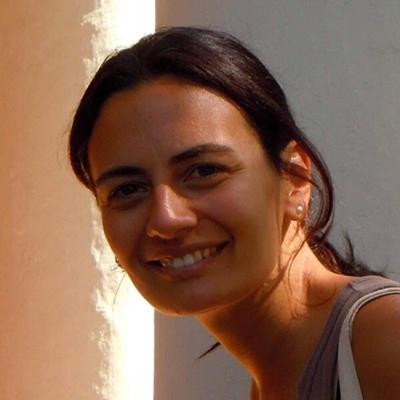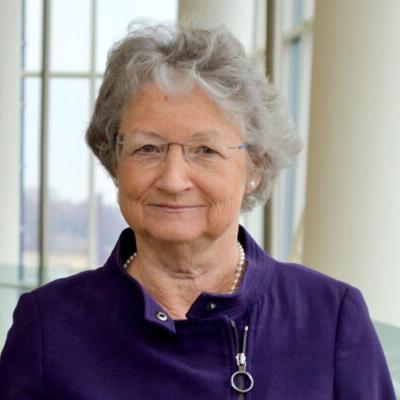
This workshop on Genetic Strategies to Treat the Epilepsies will bring together investigators who have developed genetic strategies to treat neurological diseases together with investigators who are developing or are interested in developing treatments for the epilepsies to discuss lessons learned and to strategize ways to expedite research in this area. The 1½ day hybrid workshop will explore state-of-the-art strategies for treating genetic diseases; the progress, pitfalls and lessons learned from neurological trials and treatments; considerations for designing and implementing therapies to treat the epilepsies; and crucial issues involved in genetic strategies beyond the technical development treatments.
Abstract Submission
We invite all registered attendees to submit an abstract that describes your current research on genetic strategies to treat neurological diseases or treatments for the epilepsies. Abstracts will be selected for poster presentation at the Genetic Strategies to Treat the Epilepsies Workshop. Please submit the abstract no later than 11:59 PM Eastern Time on May 24, 2024. Submit the abstract to: Melissa Hill. If you are an early career investigator, indicate if you would also like to be considered for funds to assist with travel/hotel to/from Bethesda, MD for the workshop.
Please submit an abstract of your presentation following the guidelines provided below:
- Include a title of no more than 12 words.
- Include authors’ names and affiliations and email addresses of the first and corresponding authors.
- Keep the abstract to 250 words or less, and do not include figures, tables, or references.
- Keep abbreviations to a minimum and spell them out on first use.
Presenters will be notified of approval on May 31, 2024.
If you have any technical questions, send an email to Melissa Hill.
Agenda and Meeting Logistics
June 20, 2024 (Day 1)
| Time | Presentation |
|---|---|
| 9:00 AM - 9:15 AM |
Introduction and Welcome |
| 9:15 AM – 9:25 AM |
Setting the Stage – Goals of the Workshop |
| 9:25 AM – 9:50 AM |
Action Potential: An Effort to Develop Genetic Strategies for a Rare Neurological Disease |
| Time | Presentation |
|---|---|
| 9:50 AM - 10:00 AM |
Introduction to Session |
| 10:00 AM - 10:25 AM |
Beverly Davidson, PhD |
| 10:25 AM - 10:50 AM |
Fyodor Urnov, PhD |
| 10:50 AM – 11:10 AM | Break |
| 11:10 AM - 11:45 AM |
Tippi Mackenzie, MD |
| 11:35 AM – 12:00 PM |
Panel Discussion |
| 12:00 PM - 1:00 PM | Lunch |
| 1:00 PM - 2:00 PM | Poster Session for Young/Early Career Investigators |
| Time | Presentation |
|---|---|
| 2:00 PM - 2:10 PM |
Introduction to Session |
| 2:10 PM – 2:35 PM |
Carsten Bonneman, MD |
| 2:35 PM – 3:00 PM |
What can we expect from gene therapy trials in neurological disorders? |
| 3:00 PM – 3:25 PM |
Florian Eichler, MD |
| 3:25 PM – 3:45 PM |
Break |
| 3:45 PM – 4:10 PM | Kathy High, MD Rockefeller University |
| 4:10 PM – 4:35 PM | Wendy Chung, MD, PhD Boston Children’s Hospital |
| 4:35 PM – 5:00 PM |
Panel Discussion |
| 5:00 PM | Adjourn |
June 21, 2024 (DAY 2)
| Time | Presentation |
|---|---|
| 9:00 AM - 9:10 AM |
Introduction to Session |
| 9:10 AM - 9:35 AM |
Gemma Carvill, PhD |
| 9:35 AM - 10:00 AM |
Isabel Aznarez, PhD |
| 10:00 AM – 10:25 PM | Gaia Colasante, PhD San Raffaele Hospital |
| 10:25 AM - 10:45 AM |
Panel Discussion |
| 10:45 AM – 11:00 AM |
Break |
| Time | Presentation |
|---|---|
| 11:00 AM - 11:10 AM |
Introduction to Session |
| 11:10 AM - 11:35 AM |
Dennis Lal, PhD |
| 11:35 AM - 12:05 PM |
Mary Ann Meskis |
| 12:05 PM – 1:00 PM |
Lunch |
| 1:00 PM – 1:25 PM |
Informed and Efficient Clinical Trials Design Using Natural History Data and Disease Modeling |
| 1:25 PM – 1:50 PM | Heather Hazlett, PhD University of North Carolina |
| 1:50 PM – 2:15 PM | Lainie Ross, MD, PhD University of Rochester |
| 2:15 PM – 2:35 PM |
Panel Discussion to include discussant: |
| 2:35 PM - 3:00 PM | Wrap-up Discussion Moderator: Daniel Lowenstein, MD |
| 3:00 PM | Adjourn |
Meeting Logistics
Meeting Times:
Thursday, June 20 | 9:00 AM to 5:00 PM*
Friday, June 21 | 9:00 AM to 3:30 PM*
*Registration opens at 8:00 AM each day. Please allow 1 hour to check in with security.
Meeting Location:
National Institutes of Health | Porter Neuroscience Center, Building 35
35 Convent Drive, Bethesda, MD 20892
1st Floor Rooms 620/630 and Atrium
Hotel Accommodations:
A room block has been arranged at The Bethesdan Hotel, Tapestry Collection by Hilton, located at 8120 Wisconsin Avenue, Bethesda, MD 20814. If you are interested in taking advantage of the hotel room block, visit The Bethesdan Hotel's booking webpage to make your reservation by May 27, 2024.
Accessibility:
If you require special accommodation to fully participate in this event, please contact Melissa Hill (melissa.hill@roseliassociates.com).
Ground Transportation and Parking:
A shuttle is available upon request from The Bethesdan Hotel to/from the NIH. The hotel and NIH security entrance are .8 miles apart for those who prefer to walk.
Other options for ground transportation to NIH Campus include taxi, Uber and Lyft. Metro, tax, Uber and Lyft fees are reimbursable expenses that can be included on your reimbursement form.
Paid visitor parking is extremely limited at the National Institutes of Health. Please consider other options.
Metro Station:
Metrorail service is available from Ronald Reagan Washington National Airport and from Union Station (railway). Take the red line towards Shady Grove to the Medical Center/Naval Med Ctr & NIH stop. The station’s escalators come out on the NIH campus. Visit the Washington Metropolitan Area Transit Authority (WMATA) Trip Planner webpage for schedules and more information.
Security:
Once entering campus at the NIH Gateway Center, you will need to clear security and can then walk to Building 35 or take the NIH Campus Shuttle to Building 35 from the Gateway Center. Please follow the signage to the “Campus” shuttle pick-up just outside of the Gateway Center. The shuttle stop is MLP 6 Lincoln Drive. Visit the NIH Shuttle webpage for live shuttle tracking and map.
Food and Beverage:
The cafeteria, coffee bar and concessions stand at Porter will be open during the day on June 20-21 for breakfast, snacks and lunch. More information is available on the Division of Amenities and Transportation webpage.
Logistics Contact:
Melissa Hill, Conference Coordinator, Rose Li & Associates, Inc.
Speakers







